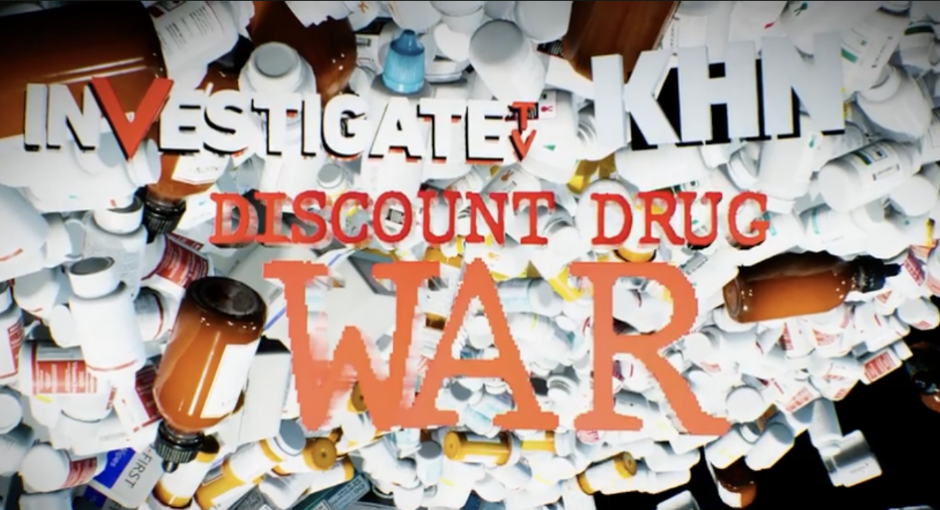Kaiser Health News (KHN), a nonprofit health care news organization whose stories are widely and freely republished and rebroadcast, released an in-depth article and news video today about the 340B program and the fight over 340B contract pharmacy.
According to the article, average annual growth in 340B contract pharmacies at the 10 providers with the most contract pharmacies varied widely, from 63% (Henry Ford Hospital) to just 1% (Loyola University Medical Center). “Large regional health systems have been particularly active in expanding their contract pharmacy networks,” the article says.
KHN and its partner on the story, Gray Television’s InvestigateTV, said they asked the 10 providers why they saw such growth, how much revenue 340B generates, and how the money was used. “While some said the money went for charity care and community programs, others did not respond,” the article says.
Maureen Testoni, president and CEO of hospital group 340B Health, told KHN that it would be burdensome to require hospitals to report precisely how they use the savings to benefit patients. According to the article, Testoni said her organization does not support mandating new reporting for nonprofit hospitals, which are required to submit annual cost reports and tax filings. 340B Health, the article said, has funded research that shows the savings from discounts go to patients. Hospitals enrolled in the program are much more likely to provide free care and specialty services, such as transportation, the article said.
Rear Adm. Krista Pedley, director of U.S. Health Resources and Services Administration (HRSA) Office of Special Health Initiatives, told KHN in an interview for the article “we need legislative changes” to help make sure providers use 340B savings to benefit patients. The U.S. Health and Human Services Department’s (HHS) budget request to Congress in May proposed amending the 340B statute to let HRSA audit 340B covered entities to find out how they use net income from 340B purchases. Congress has not acted on that request.
In the article, Karyn Schwartz, vice president of policy and research at Pharmaceutical Research and Manufacturers of America (PhRMA), called the 340B program a “black box” and said drug companies would like more transparency because they “really have no way of knowing” how hospitals and pharmacies use their discounts.
Brian Williams, president and CEO of Kansas rural hospital Labette Health, told KHN and InvestigateTV that patients do directly benefit from 340B.
“Some of our patients come there on a bicycle or in a wheelchair,” the article quotes Williams. “I can go 30 minutes in any direction and find pretty tough people living in pretty … pretty austere circumstances.”
The article also profiles a 75-year-old retired police officer who is a patient at UnityPoint Health in Illinois who said he “was shocked last year when he lost access to discounted drugs from 340B.”
“Under 340B, many of his prescriptions were $15 each,” according to the article. “Without the discount, [the patient’s] insulin and other drugs had cost more each month than his Social Security check delivered.” He took half doses, the article said, until a UnityPoint Health nurse practitioner “guided him through months of filling out forms to eventually qualify for financial assistance directly from Novo Nordisk” KHN reported.


